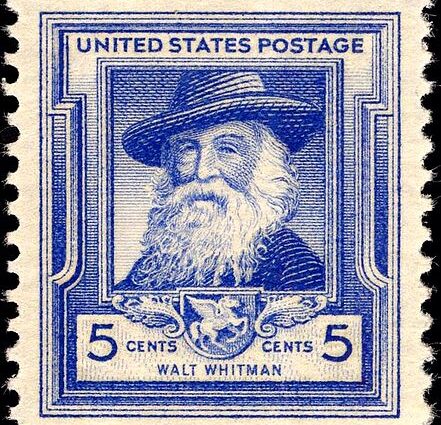Walt Whitman (1819–1892) was a pioneering American poet whose work marked a decisive break from traditional forms and themes of poetry. Born in Long Island, New York, Whitman had a diverse early career as a printer, teacher, and journalist, which brought him close to the everyday experiences of ordinary people—something that profoundly influenced his writing.
His most famous work, Leaves of Grass, first published in 1855 and expanded in multiple editions, revolutionized American poetry with its free verse form and celebration of the self, nature, democracy, and the human body. Whitman’s style was characterized by long, flowing lines, repetition, and a rhythmic cadence that echoed the speech patterns of common people. His poetry embraced an inclusive vision of humanity, often blurring distinctions between races, classes, and genders.
Whitman’s work emerged at a time when America was undergoing vast social, political, and technological changes. As the country moved toward industrialization and global interaction, his poems reflected both a deep-rooted nationalism and a universal humanism. His experiences during the American Civil War, where he served as a volunteer nurse, brought a somber and compassionate tone to later works, such as Drum-Taps.
Whitman’s influence on global literature is immense. He inspired modernist poets like T.S. Eliot and Ezra Pound, and his democratic ideals and poetic freedom resonated with literary movements across the world. Often regarded as the father of American free verse, Whitman’s legacy endures through his bold vision of a world united by shared humanity and individual expression.
Poems
“Come Up from the Fields Father”
- The Poem: Come Up from the Fields Father
- “Come up from the Fields, Father” – Critical Analysis
- Whitman’s “Come Up from the Fields Father,” as a Civil War poem


